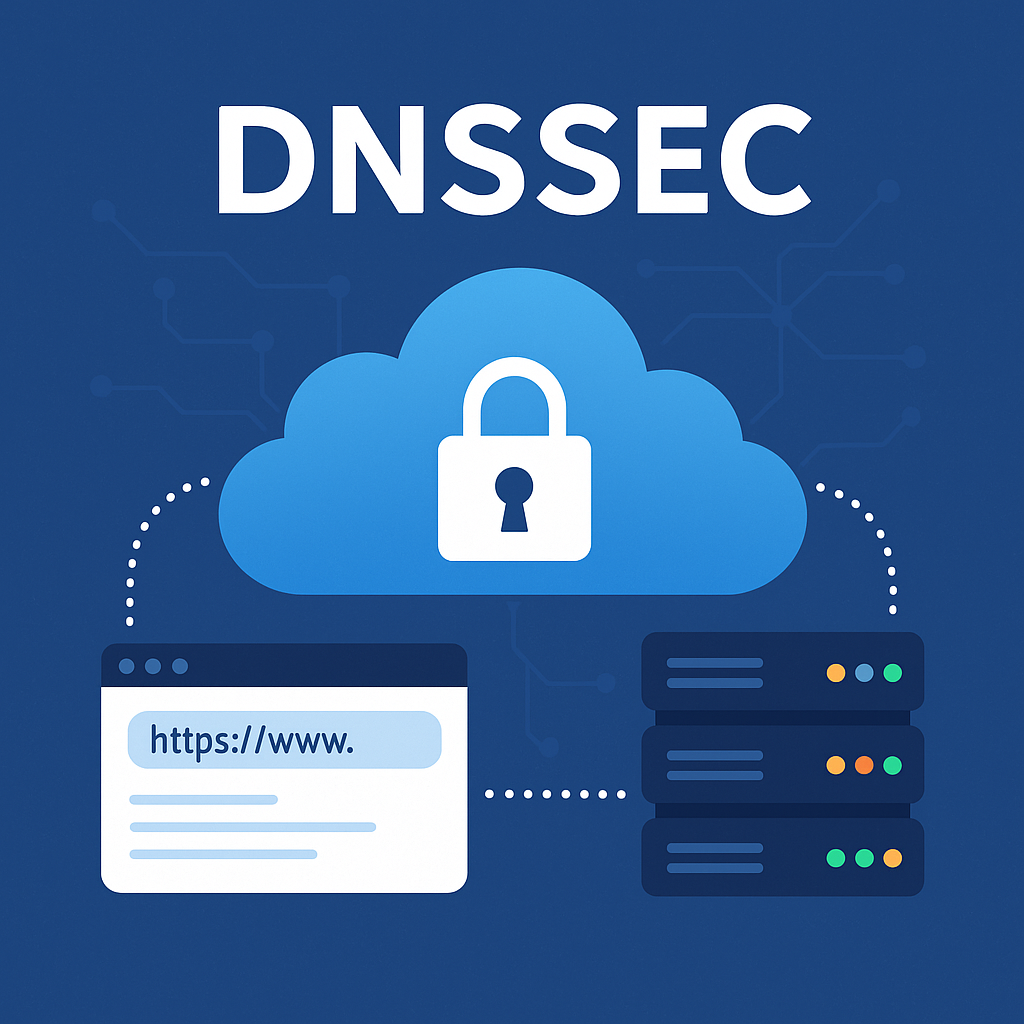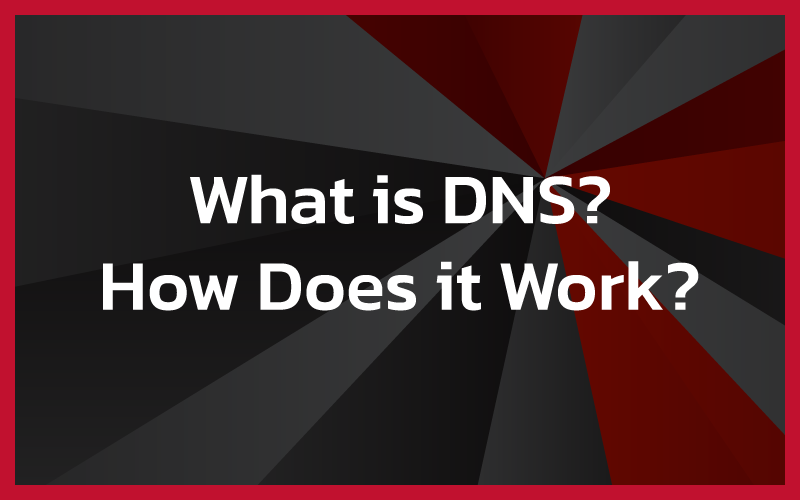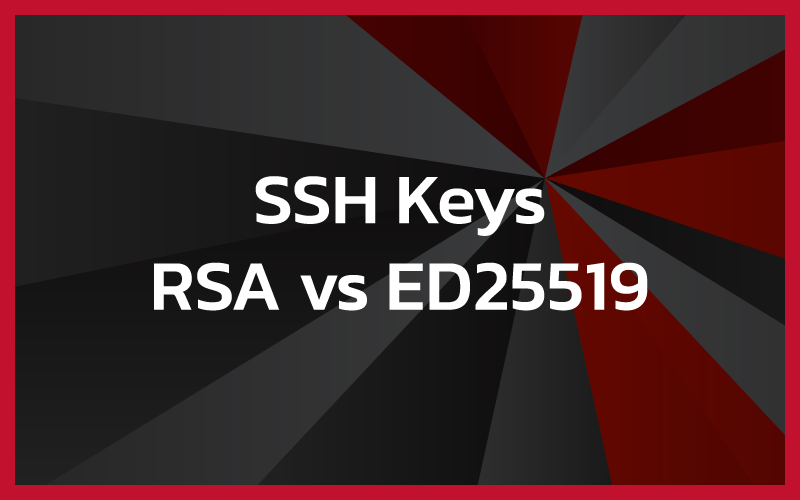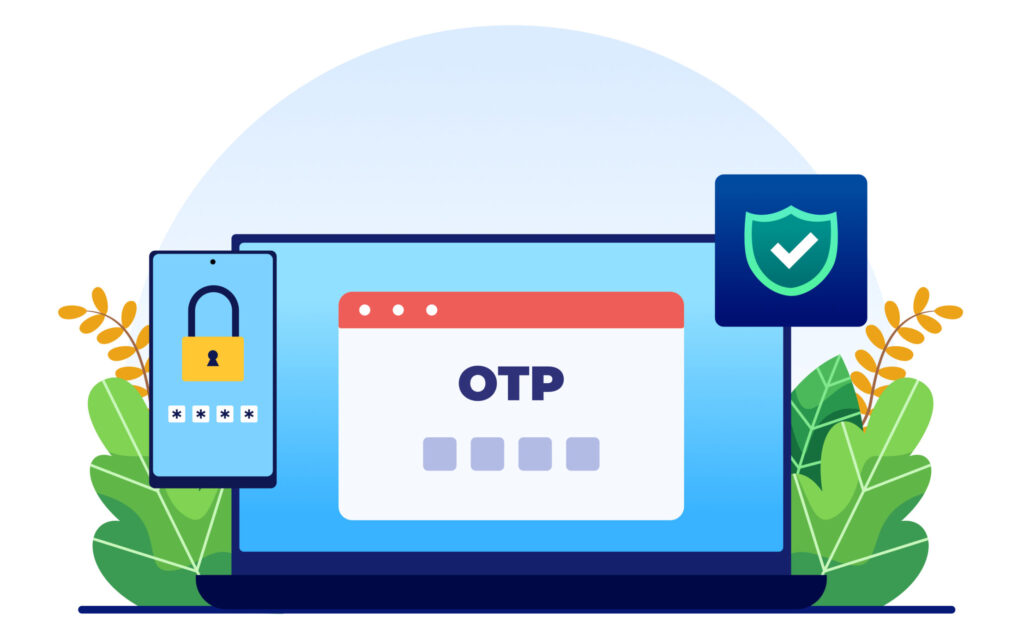SSH, or Secure Shell keys have a critical role in modern authentication and encryption when establishing secure connections. By utilising advanced mathematical functions SSH keys ensure that only permitted and trusted users can access remote resources. Within the world of SSH keys there are two main choices for encryption algorithm: RSA and Ed25519.
In this blog post we will delve into a detailed comparison of these two SSH key types and shed light on the advantages and pitfalls of each, helping you make an informed choice.
Benefits of RSA SSH Keys
RSA, named after its creators, Rivest, Shamir & Adleman is one of the most common and long-standing algorithms; developed in the 1970s by the British Government, RSA remains a mainstay of cryptosystems and SSH authentication.
Some of the key features of RSA SSH Keys include:
Widely Adopted
RSA keys are supported across a vast majority of SSH servers and clients making them a great choice for systems and platforms where compatibility and interoperability is crucial. RSA keys are guaranteed to work when communicating with older systems.
Strong Security
As standard RSA uses 2048-bit key lengths to ensure a high level of security by default. With capabilities to increase this to 4096-bit key lengths for even greater security in high-risk connection situations.
Maturity
With its long history and widespread usage RSA has been subject to a lot of scrutiny and stress testing. As such it has reached a high level of maturity gaining the confidence and support of myriad industries and security standards
Benefits of Ed25519 SSH Keys
Ed25519 is a relatively newer algorithm compared to RSA but has gained popularity for its enhanced security and efficiency.
Here’s why you might consider Ed25519 SSH keys:
Compared to RSA, Ed25519 is a more recent player on the scene. However, with its modernity comes several security and efficiency enhancements. There are a number of reasons to choose Ed25519 over RSA, some of its perks are:
Strong Security with Smaller Key Sizes
Compared to RSA, Ed25519 uses a more advanced mathematic function known as elliptical curve equations to derive a key that is more secure while several times smaller than RSA. It is generally considered that a 256-bit key using Ed25519 is equal to or more secure than a 4096-bit key using RSA or other old encryption methods..
Faster Key Generation and Authentication
Ed25519 keys are faster to generate and use less computational resources during authentication. This is advantageous for both server performance and end-user experience.
Resistance to Quantum Attacks
Quantum computing may be a theoretical concept for now, the increased speed in the development of this technology means it is always prudent to plan with futureproofing in mind. Due to the underlying mathematical principles behind Ed25519, it is more resistant to modern attacks on key security.
Rising popularity
Due to its widespread use in blockchain and cryptocurrency Ed25519 is an increasingly popular and compatible choice for performance focussed applications where keys need to be generated and used more rapidly.
Differences Between RSA and Ed25519 SSH Keys
In order to make the correct choice for your encryption application the differences that are a few key variations in the implementation of these two technologies that need to be noted.
Key Length
To achieve equal levels of security RSA requires significantly longer key lengths than Ed25519. With 8 times the key size required for RSA coming in at 2048-bits vs Ed25519s 256-bit requirement. Shorter keys mean less computing power required to both generate and verify when in use. This may only be a matter of a few bytes but every second counts when delivering your secure connection.
Security
While both RSA and Ed25519 deliver a strong standard of security. With current computing power both would take several decades to crack when properly implemented. With its enhancement over time and more optimised usage puts Ed25519 takes the prize for theoretical security performance
Speed and Efficiency
Shorter and quicker Ed25519 also has built in resilience to problems that can be encountered when several authentication processes are being performed over the same network. This inherent collision detection and the speed at which Ed25519 keys are verified means it also has the edge in high performance situations.
Practical decisions
The choice between RSA and Ed25519 SSH keys depends on your specific use case and security requirements:
As discussed so far there are pros and cons to both choices when deciding the best algorithm to use and keep an eye out for future posts that will cover even more specific use cases that may apply to your business! Ultimately the choice boils down to the following questions
Do you need compatibility with older or legacy systems? Want to ensure that everything can talk to each other and the impact of using the non-standard longer key lengths? If so, then go with RSA.
Do you need a high-performance solution which prioritises efficiency over compatibility? Are you operating within an industry with higher security standards such as healthcare or finance? Then Ed25519 is perhaps the best choice for protection against future threats posed by quantum computing and large-scale threat actors.
Both provide you with a secure connection between your machine and remote in your network, with Ed25519 standing out for its more modern features and improved security. However, the pitfalls can be seen in the compatibility. Staying up to date with the latest developments in encryption gives you the edge over adversaries and helps to create a secure environment that works for your business.






